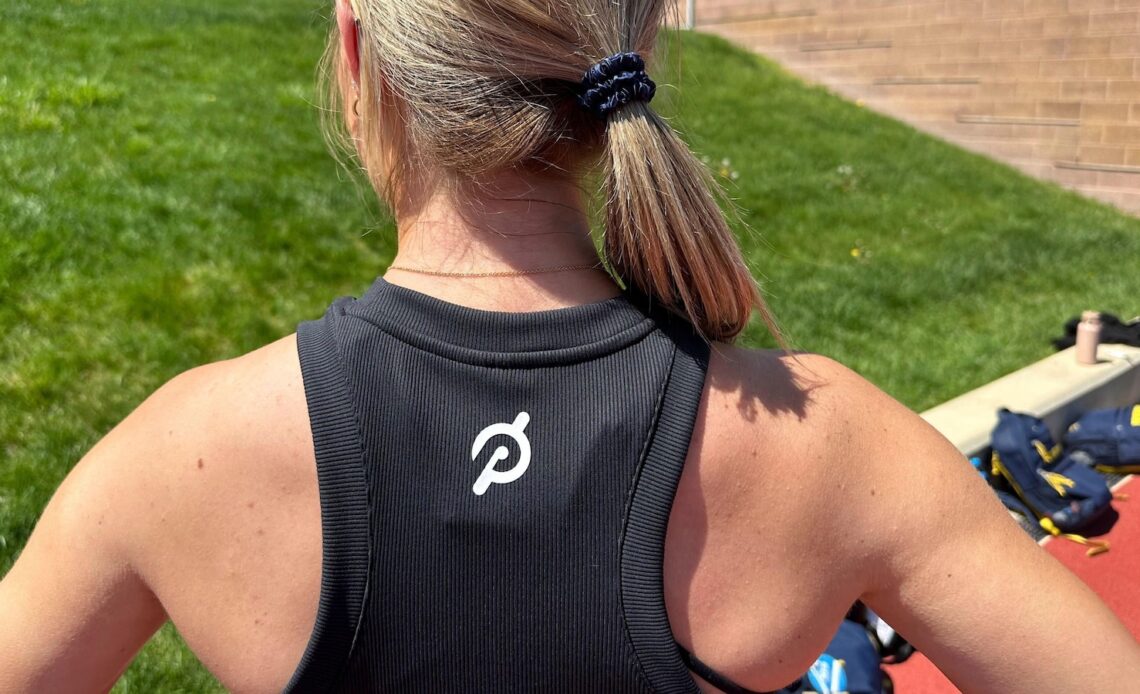ANN ARBOR, Mich. — Riley Ammenhauser has become a record-breaking, triple-jumping track athlete at Michigan and something of an entrepreneur.
Leveraging her value with about 250,000 followers on social media, she has landed endorsement deals with Peloton, Gatorade and Lululemon while potentially setting herself up with a career as an influencer after hanging up her spikes.
“Coming into college, I just really didn’t know anything about NIL,” said Ammenhauser, a junior from Naperville, Illinois. “I didn’t even know it was a thing, and I didn’t know that you couldn’t make money before.”
College athletes across the country have been making money — millions of it — since July 2021, when the NCAA cleared the way for them to earn money for the use of their name, image or likeness. The NIL era has upended college athletics like few things in its long history and forced conversations to the fore about everything from athlete unionization to revenue sharing.
Much of the money has flowed directly between brand and athlete, but the NCAA has encouraged schools to become more involved — even become the home base — for their athletes hoping to strike endorsement deals.
Many of those schools are not waiting:
Michigan became the 18th school to hire an NIL general manager in partnership with Altius Sports Partners, announcing Wednesday that NFL Players Association vice president Terése Whitehead will take on the role at her alma mater.
“For us, it’s the right time to bring in a company that has had three years to develop strategies, connections to NIL space, connections to collectives, understanding that model,” athletic director Warde Manuel said.
The role is not cheap: Michigan alone will give the company more than $250,000 in the first year to supervise the employee as part of a four-year deal, according to the terms in a contract obtained via a Freedom Of Information Act request.
The NCAA has been steadfast in declaring that “pay to play” deals are not allowed and for nearly three years, schools were not permitted to solicit NIL deals or advise athletes on the pros and cons of potential opportunities. At most, recruiters could note that NIL deals were available to explore from booster-backed collectives or third-party organizations, some of which have contracts with schools to connect athlete and brands.
Most of the NCAA’s rules around NIL money have been challenged in court and last month Virginia Gov. Glenn Youngkin signed a measure into law…
Click Here to Read the Full Original Article at ABC News: Business…

